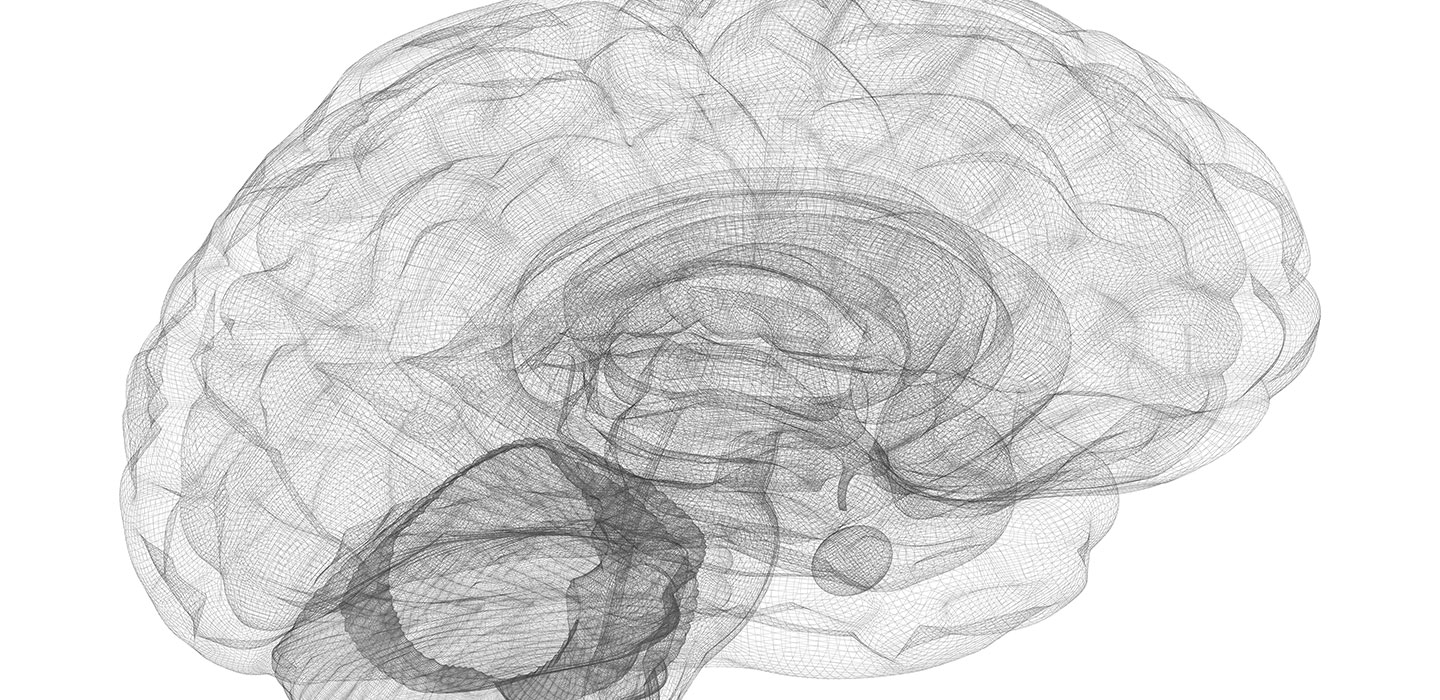Schizophrenia-Linked Genes Leave Developing Brains Vulnerable During Complicated Pregnancies
Schizophrenia-Linked Genes Leave Developing Brains Vulnerable During Complicated Pregnancies

Genetics play an important role in shaping an individual’s risk of schizophrenia, but environmental factors—especially those encountered before birth—may be just as important. New research reported May 28 in the journal Nature Medicine reveals how genetic variants that, on their own, increase schizophrenia risk only slightly, can leave a child’s developing brain more vulnerable to stresses during the mother’s pregnancy, under certain environmental circumstances.
The study was led by Scientific Council member Daniel R. Weinberger, M.D., a 2000 and 1990 Distinguished Investigator and 1993 Lieber Prizewinner at Johns Hopkins University. The research team also included Karen Faith Berman, M.D., Scientific Council member, 2014 Distinguished Investigator and a 2000 Independent Investigator; Giuseppe Blasi, M.D., a 2007 Young Investigator; Dan Rujescu, M.D., Ph.D., a 2006 Independent Investigator; and Alessandro Bertolino, M.D., Ph.D., a 2013 Independent Investigator and 1999 Young Investigator.
According to their findings, the placenta is the link between schizophrenia risk genes and these potentially harmful external stresses, which include numerous complications during pregnancy or delivery such as preeclampsia, emergency C-sections, or placental blockage of the birth canal. Many of the genes that have been linked to schizophrenia are active in the placenta and become even more active when these complications arise, the researchers found.
To date, more than 300 genes have been linked to schizophrenia. But in an analysis that included nearly 3,000 individuals, including 2,038 with schizophrenia, Dr. Weinberger’s team found that the illness is uncommon even among people who carry the greatest numbers of schizophrenia-associated genetic variants—unless their mothers had experienced serious complications during pregnancy. Early-life complications amplify a person’s inherited risk for schizophrenia more than 10-fold, they found. The team noted that expression of the schizophrenia risk genes in the placenta was much greater when the gestating fetus was male as opposed to female.
Recognizing this interplay between genetic factors and early-life complications will help researchers better predict who is most likely to develop schizophrenia, the researchers say, and may help explain the greater incidence of schizophrenia in males. It also suggests that managing placental health might reduce the risk of psychiatric illness later in life.



